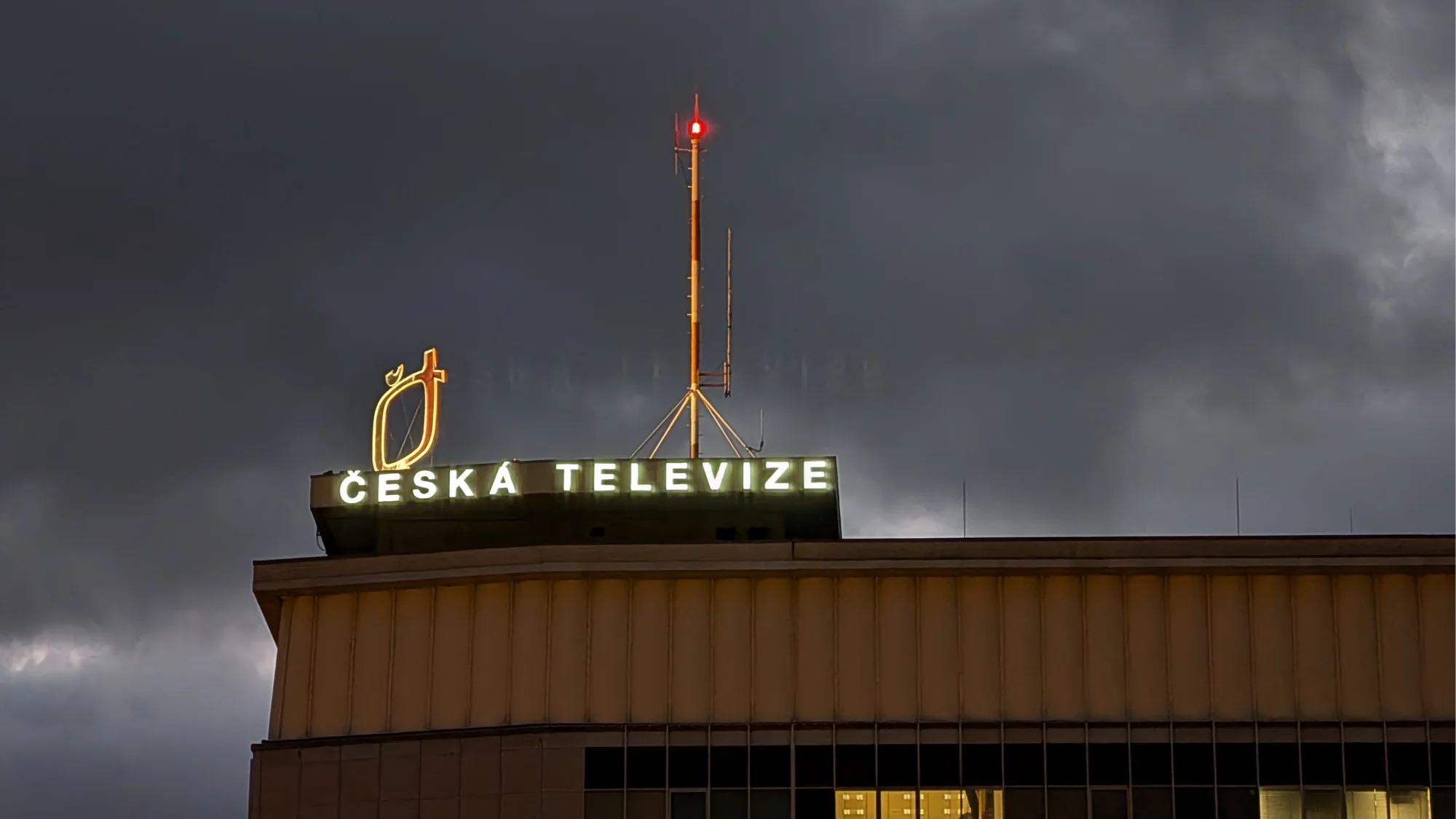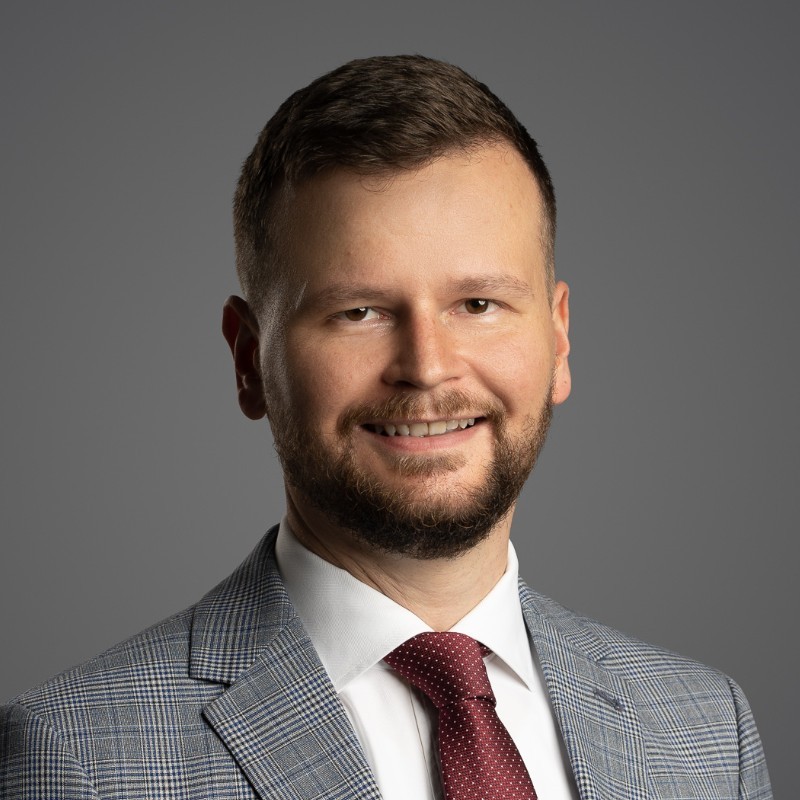
Czech public media funding reform faces delays and opposition hurdles
The coalition government's major amendment to media laws is unlikely to pass through parliament by the end of this year, despite optimism from some coalition MPs. While government politicians stress the importance of the media reform bill, the opposition's filibustering efforts are being aided by the law's scheduling in parliamentary sessions.
The bill failed to progress even during a special session in early October, which had only two items on the agenda. The first item was pension reform, which prompted extensive speeches from opposition MPs, leaving no time for the media legislation.
The government movement STAN increased pressure on its coalition partners when its vice-chairman Jan Lacina suggested linking the vote on the media amendment to the vote on next year's state budget.
"We need to finalize sustainable funding for Czech Radio and Czech Television. While they're not part of the state budget, like all state institutions, they need certainty about their budget from January 1," Lacina said during a CT24 broadcast.
"Both these institutions are extremely important for maintaining parliamentary democracy as we know it today. So this is our condition for the state budget approval process to proceed," he added, considering the completion of the second reading as a minimum requirement.
Another attempt to complete the second reading will take place during a special parliamentary session on Tuesday, December 10, where it will be the only item on the agenda. However, opposition parties are expected to try blocking the second reading again.
"We're supposed to discuss a law that we have no interest in discussing. We don't want to increase people's fees for Czech Television and Czech Radio," Alena Schillerová, chair of the ANO parliamentary group, openly stated during the previous attempt. "I also announce that if this item begins to be discussed, the SPD movement has no interest in its discussion and raising fees for Czech Television and Czech Radio," added Radim Fiala, chair of the SPD parliamentary club.
"License fees are gradually becoming obsolete and losing their purpose as support for public service media," said parliamentary vice-chairman Aleš Juchelka (ANO) during a Czech Radio broadcast. "Many countries have been transitioning to a state budget model since 2000, and I think the UK and the BBC will gradually join this trend," he added.
ANO movement chairman Andrej Babiš regularly addresses the issue of fees in his parliamentary speeches. He argues that it's "a new indirect tax forcing people and companies to pay for something many don't use and don't want to use." He also claims that public service media already have sufficient budgets and should cut costs rather than "asking for more money."
The nationalist SPD wants to transform Czech Television and Czech Radio into state-funded organizations (similar to the National Museum). ANO also favors state budget funding, though it's unclear where they would find approximately 10 billion crowns (€400 million / $420 million) needed to finance both media organizations.
"Regarding public service media, we will advocate for a change in their funding that won't burden citizens and companies with unnecessary fees. We propose direct state budget funding or a combination, and at minimum, we want to lead this debate," Babiš commented on this plan.
Jan Jakob, chairman of the coalition TOP 09 parliamentary group, criticized the opposition: "You don't want to discuss or submit amendments, which colleagues have many of. It's a clear signal that you're obstructing this item, that because of you, the law won't be approved by January 1, and that you want to literally starve public service media."
He later added on social media: "There's no doubt that (opposition parties) have prepared for us the path of Hungary and Slovakia, where ruling parties subordinated public service media. This will also be at stake in the elections. We won't give up this fight."
"Ensuring stable funding for public service media is key to our democracy, which is why it's one of our government's priorities for the remainder of the electoral term," emphasized Minister of Culture Martin Baxa (ODS), whose ministry introduced the major media amendment.
Various election polls consistently suggest that ANO will comfortably win the parliamentary elections in autumn 2025. For example, according to Kantar's October election model for Czech Television, five groups would enter parliament: ANO with 37%, the current government coalition SPOLU with 21%, STAN with 12%, and both SPD and Pirates with 7%.
If the government coalition passes the media amendment with a delay, taking effect from April 1, 2025, this arrangement might be relatively short-lived despite all efforts. The new parliament is unlikely to have a majority favoring the preservation of license fees. Therefore, a transition to a different model would likely occur from 2027.

